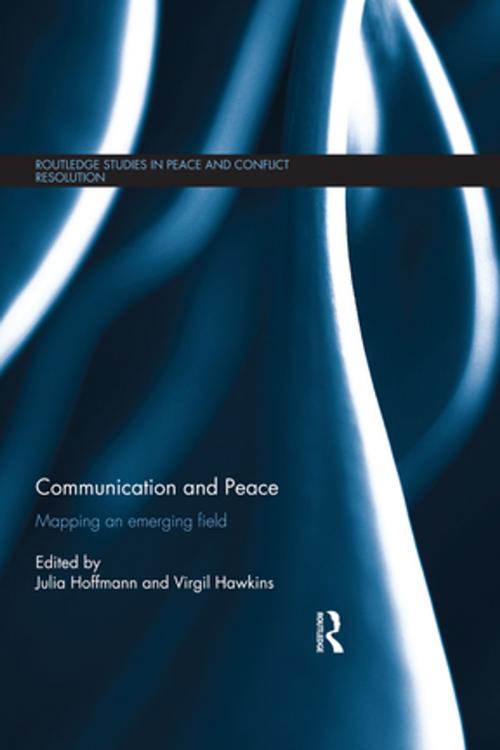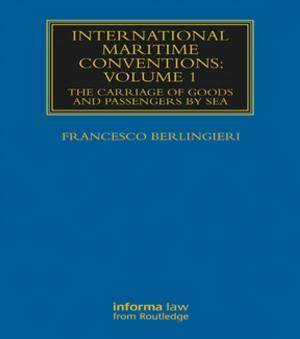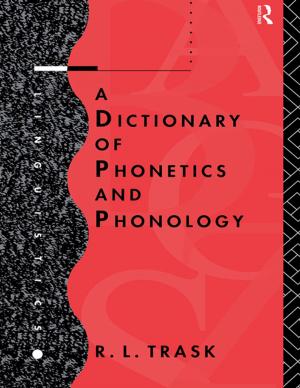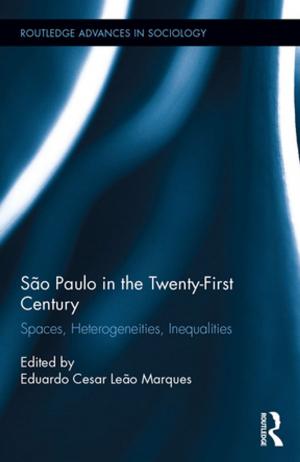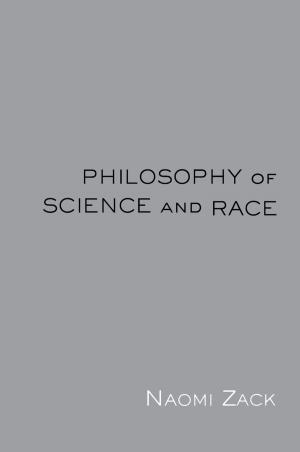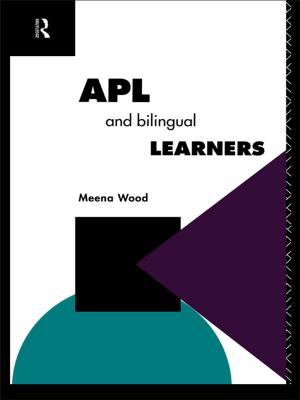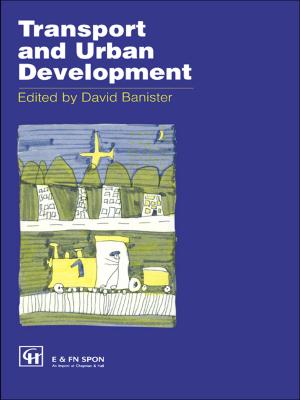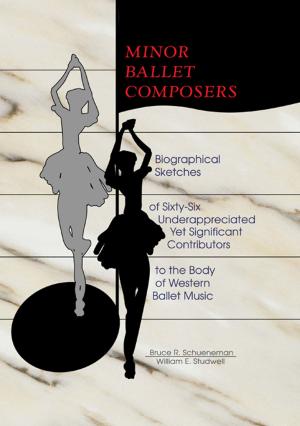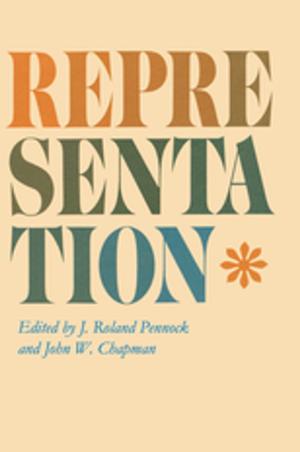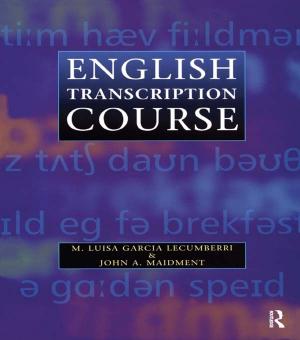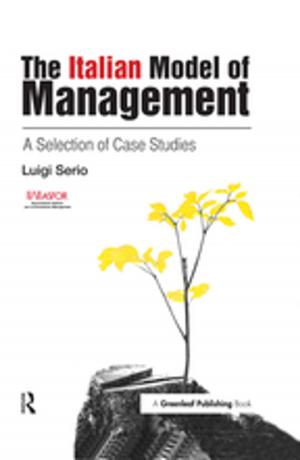Communication and Peace
Mapping an emerging field
Nonfiction, Social & Cultural Studies, Political Science, International, International Security, International Relations| Author: | ISBN: | 9781317680475 | |
| Publisher: | Taylor and Francis | Publication: | February 11, 2015 |
| Imprint: | Routledge | Language: | English |
| Author: | |
| ISBN: | 9781317680475 |
| Publisher: | Taylor and Francis |
| Publication: | February 11, 2015 |
| Imprint: | Routledge |
| Language: | English |
This book analyses the use of communication in resolving conflicts, with a focus on de-escalation and processes of peacebuilding and peace formation.
From the employment of hate radio in the Rwanda genocide, to the current conflict between Russia and the Ukraine following events in the Crimea, communication and the media are widely recognized as powerful tools in conflicts and war. Although there has been significant academic attention on the relationship between the media, conflict and war, academic efforts to understand this relationship have tended to focus primarily on the links between communication and conflict, rather than on communication and peace.
In order to make sense of peace it is essential to look at communication in its many facets, mediated or not. This is true within many of the diverse strands that make up the field of communication and peace, but it is also true in the sense that a holistic and interdisciplinary approach is missing from the literature. This book addresses this widely acknowledged lacuna by providing an interdisciplinary perspective on the field, bringing together relevant, but so far largely isolated, streams of research. In doing so, it aims to provide a platform for further reflection of the meaning of, and requirements for, peace in our contemporary world with a focus on de-escalation, conflict transformation, reconciliation and processes of peacebuilding – as opposed to conflict escalation or crisis intervention.
This volume will be of much interest to students of peace and conflict studies, peacebuilding, media and communication studies, security studies and IR in general.
This book analyses the use of communication in resolving conflicts, with a focus on de-escalation and processes of peacebuilding and peace formation.
From the employment of hate radio in the Rwanda genocide, to the current conflict between Russia and the Ukraine following events in the Crimea, communication and the media are widely recognized as powerful tools in conflicts and war. Although there has been significant academic attention on the relationship between the media, conflict and war, academic efforts to understand this relationship have tended to focus primarily on the links between communication and conflict, rather than on communication and peace.
In order to make sense of peace it is essential to look at communication in its many facets, mediated or not. This is true within many of the diverse strands that make up the field of communication and peace, but it is also true in the sense that a holistic and interdisciplinary approach is missing from the literature. This book addresses this widely acknowledged lacuna by providing an interdisciplinary perspective on the field, bringing together relevant, but so far largely isolated, streams of research. In doing so, it aims to provide a platform for further reflection of the meaning of, and requirements for, peace in our contemporary world with a focus on de-escalation, conflict transformation, reconciliation and processes of peacebuilding – as opposed to conflict escalation or crisis intervention.
This volume will be of much interest to students of peace and conflict studies, peacebuilding, media and communication studies, security studies and IR in general.
